Search Articles by Topic
- Acid Reflux 1
- CDC 1
- CT Scans 1
- Corticosteroids 1
- Delta Variant 1
- Flu vaccine 1
- GERD 1
- Gastroesophageal Reflux Disease 1
- HEPATITIS C 1
- Intermittent Fasting 1
- Johnson and Johnson 1
- KETO DIET 1
- MDVIP 1
- MS 1
- Masks 1
- Men's Health 1
- Moderna 1
- Multiple Sclerosis 1
- Pfizer 1
- Plenity 1
- Tryptophan 1
- alcohol 1
- alcohol abuse 1
- aspirin 1
- blood pressure 1
- bone health 1
- calcium 1
- cardiovascular 1
- cardiovascular disease 1
- cholesterol 1
- coconut oil 1
- coronary plaque 1
- coronavirus 12
- covid vaccine 4
- covid-19 19
- covid-19 in Children 1
- covid-19 testing 1
- deep venous thrombosis 1
- diabetes 2
- diet 1
- emotional wellbeing 1
- exercise 2
- fitness 1
- flu 3
- flu vaccine 1
- healthy holiday 1
- healthy living 1
- hearing 1
- heart disease 1
- heart disease prevention 1
What about testing for Covid-19 infection? Our local, state and national leaders have all called for more Coronavirus testing, but what do the tests mean and how can they help?
There are two basic type of Coronavirus tests, the nasopharyngeal swab (NPS) and antibody testing. The NPS is a deep nasal swab that uses a method called polymerase chain reaction to amplify even a very small specimen and allow analysis for the presence of viral particles. This allows the identification of active or very recent Covid-19 infection with impressive accuracy. Our lab provides the results in about 24-36 hours.
Antibody tests are fingerstick or blood draw specimens that measure immunoglobulins--proteins that our bodies make in response to infections, allergies, vaccines or foreign substances. It takes 1-3 weeks after the symptoms of an infection appear before our bodies produce measurable levels of antibodies, including antibodies to Covid-19 infections.
So, who should be tested, and how? If you suspect acute infection with Covid-19 and you want to be sure, the best test is the NPS, because this test will tell you if you have active infection and if you are likely to be contagious. If you want to know if you have already been exposed to Coronavirus, then the antibody test is best. And if you suspect that you have recovered from a Covid-19 infection, the antibody test can confirm prior infection and make you eligible to donate convalescent plasma (the portion of the blood rich in antibodies) that can be used to treat patients who are very sick with the disease. Many patients with mild disease may not need to be tested, but if you suspect infection you should contact your doctor for advice about self-isolation, quarantine and other treatment issues.
If you have questions about which tests are right for you, call your doctor. I can arrange testing at my office for any of my patients.
Remember, wear a mask, wash your hands, and don’t touch your face! Let’s work together to minimize the impact of Covid-19.

